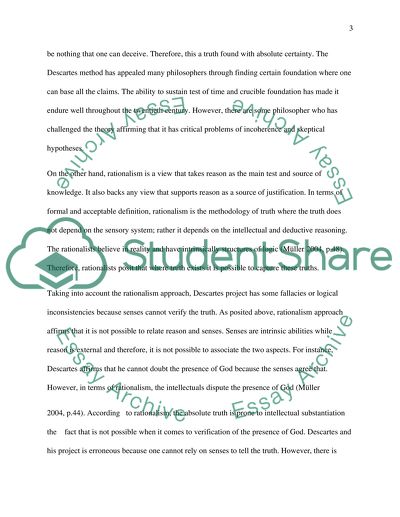Retrieved from https://studentshare.org/philosophy/1688696-explain-descartes-theory-in-relation-to-doubt-and-evaluate-his-rationalism
https://studentshare.org/philosophy/1688696-explain-descartes-theory-in-relation-to-doubt-and-evaluate-his-rationalism.


